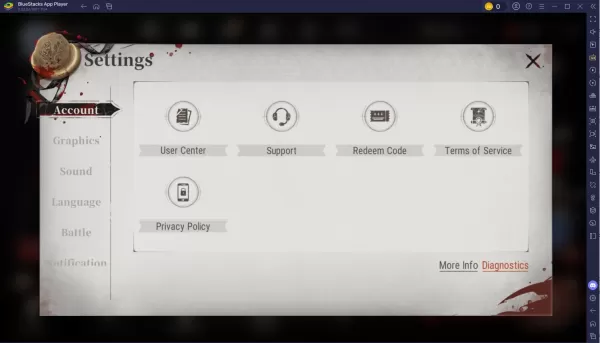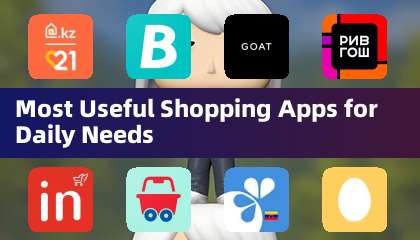

Fortnite has officially returned to the iOS App Store in the U.S., signaling the potential conclusion to Epic Games' years-long legal dispute with Apple. This development marks a significant milestone in mobile gaming's ongoing platform wars between developers and tech giants.
A Legal Saga Reaches Its Conclusion
The reappearance of Fortnite on iOS represents more than just a game's return - it's the culmination of a landmark legal battle that reshaped mobile app distribution. Epic Games first challenged Apple's App Store policies in 2020 by implementing alternative payment systems in Fortnite, bypassing Apple's 30% revenue cut.
Through years of courtroom battles and appeals, both sides claimed victories, but the ultimate outcome has forced significant changes to app store policies industry-wide.
Shifting Power Dynamics
While Apple and Google initially resisted changes to their app store models, regulatory and legal pressures have forced them to relax several key restrictions. Both companies now permit:
- Third-party payment options
- Links to external stores
- Alternative app marketplaces
The mobile gaming landscape continues evolving as developers gain more flexibility in monetization and distribution.
What This Means for Players
For now, players can enjoy Fortnite's seamless return to iOS (at least in the U.S.), with the full game experience available through Apple's official store. Developers may now offer better deals through external payment systems, while competing app stores like the Epic Games Store bring additional benefits such as free game promotions.
While the immediate impact on consumers appears limited, these changes create exciting possibilities for more developer freedom and competitive pricing in mobile gaming's future.
For players interested in alternative mobile gaming experiences beyond traditional app stores, explore our featured guide to off-platform releases.




























![City Devil: Restart [v0.2]](https://img.icssh.com/uploads/38/1719554737667e52b102f12.jpg)


